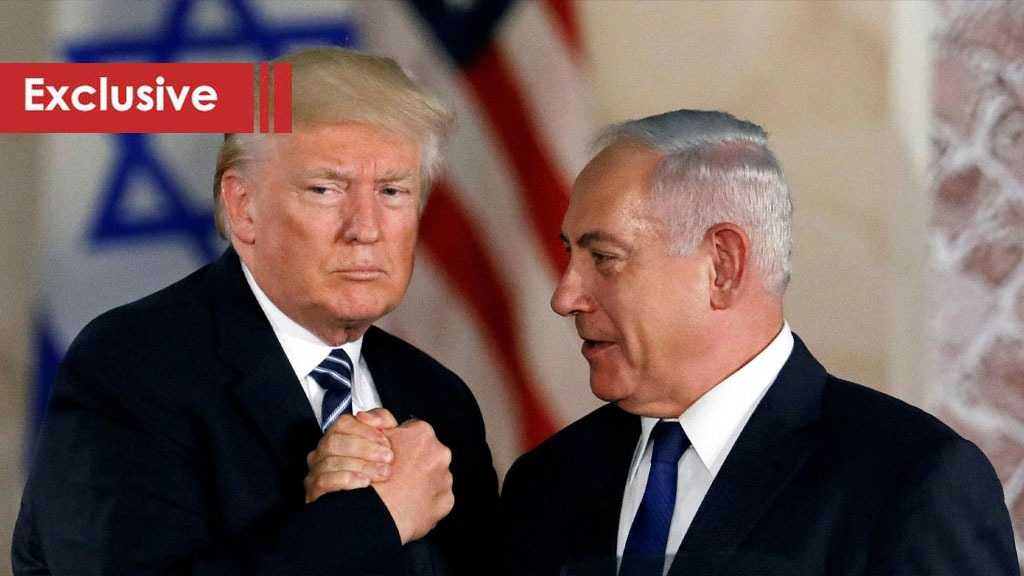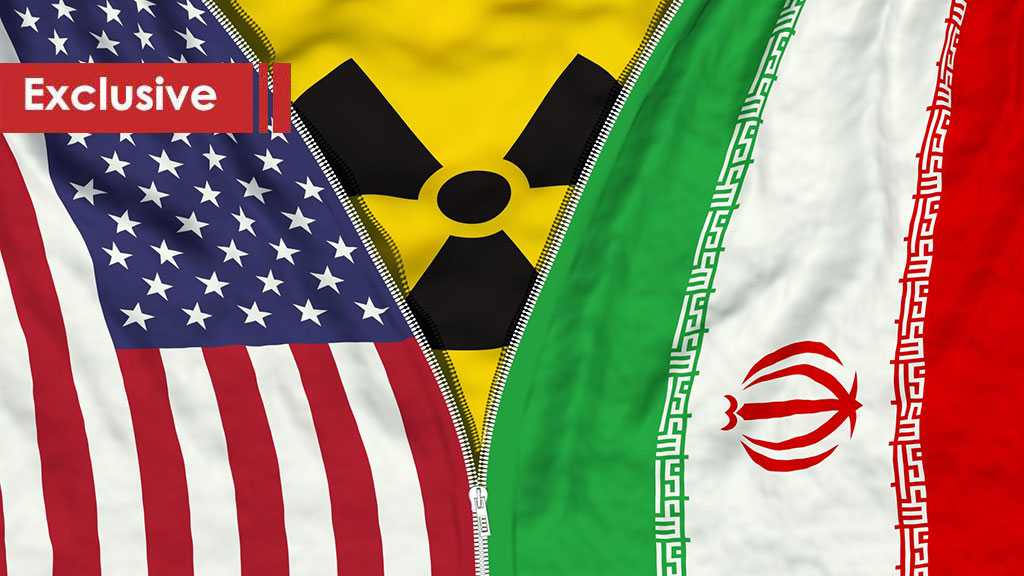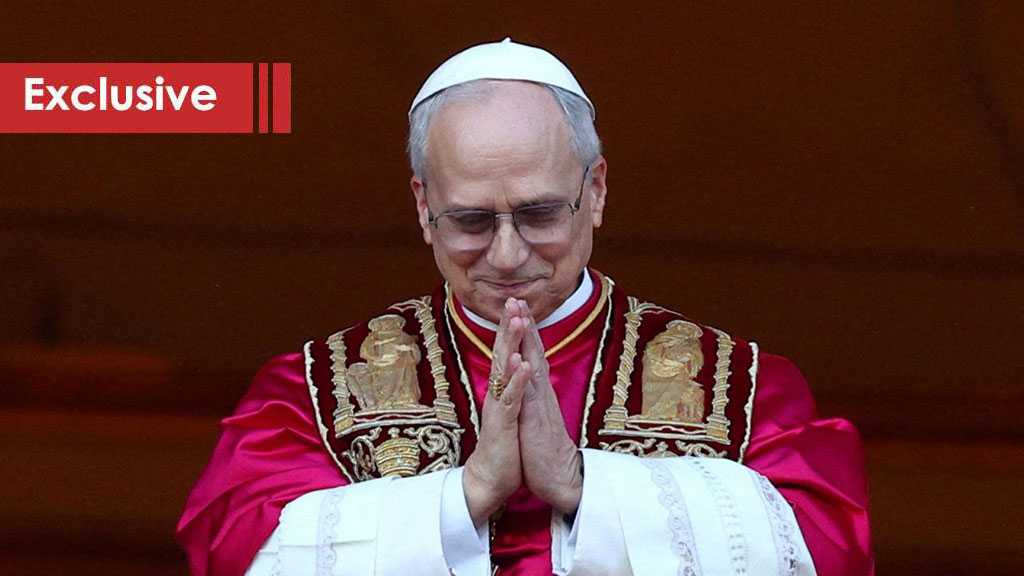Challenges Jeopardizing Lebanon’s Stability

Sarkiss Abu Zeid
The more international instances venture into a looming political solution in Syria, the more violence spirals in the region, and the more Lebanon in particular slips into dangers and witnesses ambulant wars. Lebanon is nowadays bogging down in fears on all popular, official, and political levels, as civil peace is definitely at stake.
The major challenges expected in the upcoming stage are as follows:
1- The very nearing risk of canceling the elections, as the chances to reach agreement over a new electoral law are at best slim and as opting for a "technical" or "administrative" or "mandatory" postponement is most probable. If deferment is, not only would Lebanon utterly fail in running the polls on time and securing a democratic power rotation, but also it would be risky to have the elections delayed without any political agreement on the post-delay stage. That is, the failure to agree on the issue of extending the Parliament's mandate would turn the postponement into such a huge political and national crisis that would drag the country into the unknown: constitutional vacuum and chaos...
2- Contrarily to the mottos-such as "Lebanon First"-it applied itself to hoisting, March 14 camp sponsored the spillover of the Syrian crisis into Lebanon through its ostensible and firsthand support for the armed opposition as well as through its wagering on the collapse of the regime and its reverberations in Lebanon. Lebanon, among other neighboring countries, is the most affected as it constitutes the "weakest link" and the most connected to the Syrian crisis, where different Lebanese forces are seen getting directly involved. Three factors actually constitute the channels through which the Syrian crisis is making its way into Lebanon: tensions and clashes along borders in the north and the east, the massive and unaffordable influx of refugees into the country, and the advent of hardliners and Takfiri groups via the uncontrollable displacement inflow.
3- The fear of an escalating sectarian conflict which has recently reached an unprecedented level and placed the country on the brink of the abyss. Many factors contribute to exacerbating these tensions; some of them are internal and linked to the elections and the current change of the security and geopolitical map, while others are regional and linked to the existing unrest in the region.

4- The repercussions of the socio-economic crisis which has aggravated and reached a gridlock, whereas the government-which albeit managed to curb security and political crises-failed to manage economic and social reversals. The government did fail in its dialogue with the Economic Committees and did lose credibility among the Union Coordination Committee which took to the streets and declared a first-time open strike. Moreover, in addition to the sharp sectarian and political categorization, a new social labeling has emerged in tandem with a new-fangled ultra-sects conflict that is seemingly enfolding a "social explosion." This is mainly due to the widening gaps among social classes, whereby rich are getting richer while poor are getting poorer.
5- The strained situation within March 14 camp and the severance of relations between the Lebanese Forces and Future Movement, which required contacts aimed at bridging the elections-based gaps and saving the political coalition which has shaken in the most drastic way since 2005. Contacts did not achieve a definite progress thus fur despite the many efforts.
Until now, there are no signs of a likely agreement on a new electoral law, amid a relentless coordination between the Future and the Progressive Socialist Party on one hand, and an absolute absence of any coordination between the Future and the Lebanese Forces on the other.
Furthermore, it is worth-mentioning that Future bloc head, MP Fouad Siniora, excluded Samir Geagea from his tour on Christians, and was content with meeting with the Maronite Patriarch and Amine Gemayel. He did not fail to heap praise on the positions and the national role of the President of the Republic, Michel Suleiman.
Besides, nothing is waving a nearing meeting for March 14 leaders, after a gathering was held at the Center House upon the invitation of Siniora, yet in the absence of the Lebanese Forces and Kataeb. In the meantime, Future Movement was succinctly focusing on energizing March 14 forces' General Secretariat and the "independent Christians" to push them to the forefront of the campaign against the Orthodox Law.
Future Movement is as yet unaccepting the stances of the Lebanese Forces in support to the Orthodox Law, at a time where no political mistakes are allowed. In turn, the LF is taken aback by the Future's impulsive and strident positions. Observers confirm that the LF-Future relations have turned sour and that they need time and efforts to get on track again.
These very gaps among March 14 would speed up a reshuffling process and would beget an explosion of the security situation in order to re-close ranks and bridge what the electoral law convergence has gapped.
Would the situation in Lebanon head to an explosion to impede the likely peaceful solution in Syria and reorient March 14 coalition? This is the vanguard of questions which only the efforts of an international settlement and the upshot of US-Russian contacts can answer.
Comments




